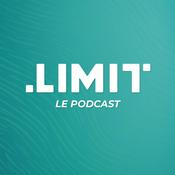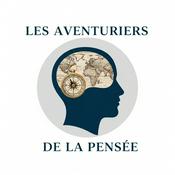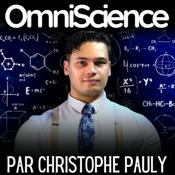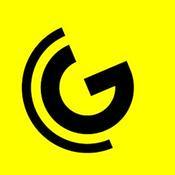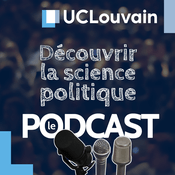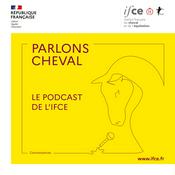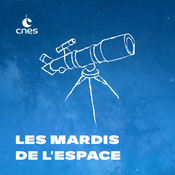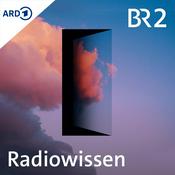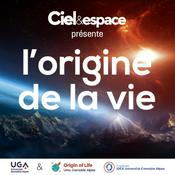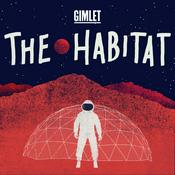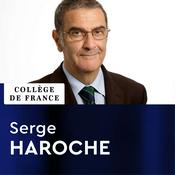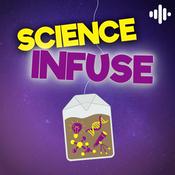372 épisodes
Cambridge, UK based Microbiotica announced results from a phase 1b trial of its microbiome treatment MB310 in ulcerative colitis showing a 63% remission rate
18/2/2026 | 11 minCEO Tim Sharpington and CMO Robert Tansley walk us through the treatment, which contains a defined consortium of eight live gut commensal bacterial strains, and the data.Ocular Therapeutix Chair & CEO Pravin Dugel discusses the result of today's SOL-1 phase 3 superiority trial of AXPAXLI vs EYLEA in wet AMD
17/2/2026 | 13 minThe study showed that AXPAXLI has superior maintenance of visual acuity at Week 36 vs EYLEA. Dr. Dugel discusses what he believes the significance of this is, and delves into durability data going out to 52 weeks.Oxford based Infinitopes raised an additional $15.4M in a second closing of its seed round to bring the total raised to $35.1M. It will have clinical data on its cancer vaccine by the end of the year
17/2/2026 | 15 minCo-Founder & CEO Jonathan Kwok describes the company's platform, which helps it identify highly expressed and immunogenic tumor antigens, and how the lead program for oesophageal cancer will have data by the end of 2026.From Oxford: Carlo Rinaldi's team has received two grants from Oxford-Harrington Rare Disease Centre to develop treatments for Spinal-bulbar muscular atrophy (SBMA) and Friedreich's ataxia
17/2/2026 | 9 minHe describes his work in these diseases and how Oxford-Harrington has provided funding and advice that has been valuable beyond the feedback he typically receives in an academic setting.From Oxford: Professor Matthew Wood describes the Oxford-Harrington Rare Disease Centre, a transatlantic effort to accelerate drug development for rare diseases
17/2/2026 | 21 minHe highlights the centre's Scholars program, which researchers anywhere can apply for and funds ten new drug development programs each year. Plus the centre's accelerator program and plans for a rare disease investment fund. He also discusses how regulatory changes at places like MHRA can help the rare disease community.
Plus de podcasts Sciences
Podcasts tendance de Sciences
À propos de BiotechTV - News
Écoutez BiotechTV - News, The Rest Is Science ou d'autres podcasts du monde entier - avec l'app de radio.fr

Obtenez l’app radio.fr gratuite
- Ajout de radios et podcasts en favoris
- Diffusion via Wi-Fi ou Bluetooth
- Carplay & Android Auto compatibles
- Et encore plus de fonctionnalités
Obtenez l’app radio.fr gratuite
- Ajout de radios et podcasts en favoris
- Diffusion via Wi-Fi ou Bluetooth
- Carplay & Android Auto compatibles
- Et encore plus de fonctionnalités


BiotechTV - News
Téléchargez l’app,
Écoutez.





